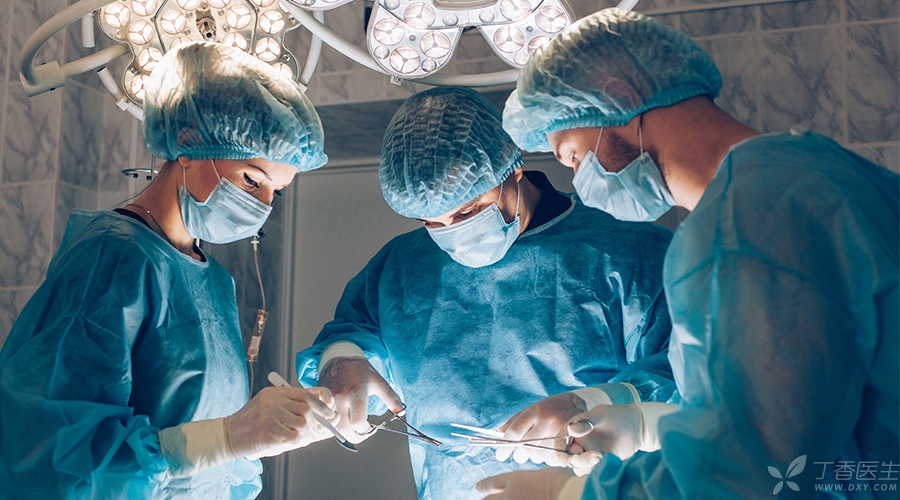
On the day before the operation, the intern doctor or nurse shaves off the hair in the operation area for the patient, or gives the handbag to the patient to let the patient shave himself, which is still the daily work of many hospitals in China.
However, such operations are not only complicated, but more importantly, they have seriously deviated from the international frontier view of infection control in surgical areas.
Clove Garden will talk about this problem with you today to see how to prevent infection in the operation area.
Can I shave my hair before surgery?
The research on whether hair removal can effectively prevent infection in the surgical area began as early as the 1970s, and a large amount of research data have been accumulated so far. In the past ten years, dozens of meta-analysis literatures or systematic reviews have reported the research progress in this field, and the conclusions are highly consistent, mainly including:
-
Removing hair before surgery does not reduce the incidence of infection in the operation area compared with not removing hair.
-
There is no significant difference in the probability of infection in the operation area when scissors, depilators or chemical depilation are used for skin preparation. However, shaving with a razor will bring about a higher risk of infection, which is related to the slight damage to the integrity of the skin surface caused by the razor.
-
The time of depilation is not decisive to the occurrence of infection in the operation area.
However, China’s Health and Planning Commission has already kept up with the international trend in the “Technical Guidelines for Prevention and Control of Infection in Surgical Sites (Trial)” issued in 2010:
Correctly prepare the skin of the operation site and thoroughly remove the contamination of the incision site and the surrounding skin. Preoperative skin preparation should be carried out on the day of the operation. When it is really necessary to remove the hair of the operation site, methods that do not damage the skin should be used to avoid scraping the hair with blades.
Therefore, skin preparation only needs to be removed when hair affects the operation. Hair removal should be done by depilator or chemical depilation, not razor.
Checklist is most needed to prevent infection.
At present, the focus of the surgical field on the prevention of infection in the surgical area is definitely not as simple as skin preparation. People generally tend to use a systematic checklist to mark the key points that need to be paid attention to in prevention.
Measures to prevent infection in the operation area run through before, during and after the operation. Whether it is hand washing and skin preparation before the operation, preventive use of antibiotics, operation and walking during the operation, dressing change and healing after the operation, these contents and details will be updated with the times.
In the whole process of each operation, a detailed examination of each item of the checklist plays a vital role in preventing infection at the operation site.
Write a mark or comment for each item.
-
Is there prophylactic use of antibiotics? If so, why? Time and type of medication? Is the dose adjusted according to the patient’s weight?
-
Is hand washing standardized before operation?
-
Is the surgical dress appropriate? Including surgical gowns, gloves, masks and goggles.
-
Does the patient undergo skin disinfection before operation?
-
Do you use depilator or depilator when depilating the operation site?
-
Does the patient spread the towel correctly?
-
Are operating room instruments and equipment covered with aseptic film?
-
Is there air circulation throughout the operation? The operating room air is filtered twice to maintain positive pressure and flows from the ceiling to the operating room door.
-
Is the surgical environment sterilized before operation?
-
Are surgical instruments disinfected in an appropriate way? Is it possible not to use rapid sterilization or to use as little as possible?
-
Does the surgeon move as little as possible?
-
Is blood sugar level monitored and maintained throughout the operation?
-
Is postoperative incision care completed? Are aseptic dressings used and replaced in a timely manner?
This is a list that every surgeon should remember. Do you remember it?
It can also be printed out for other colleagues to see!
